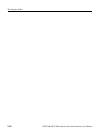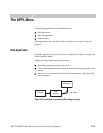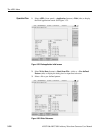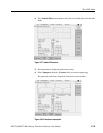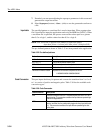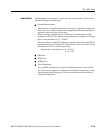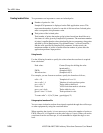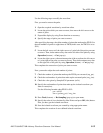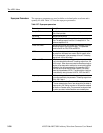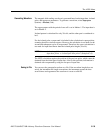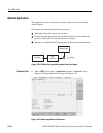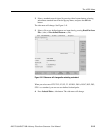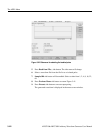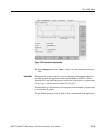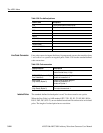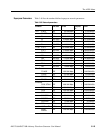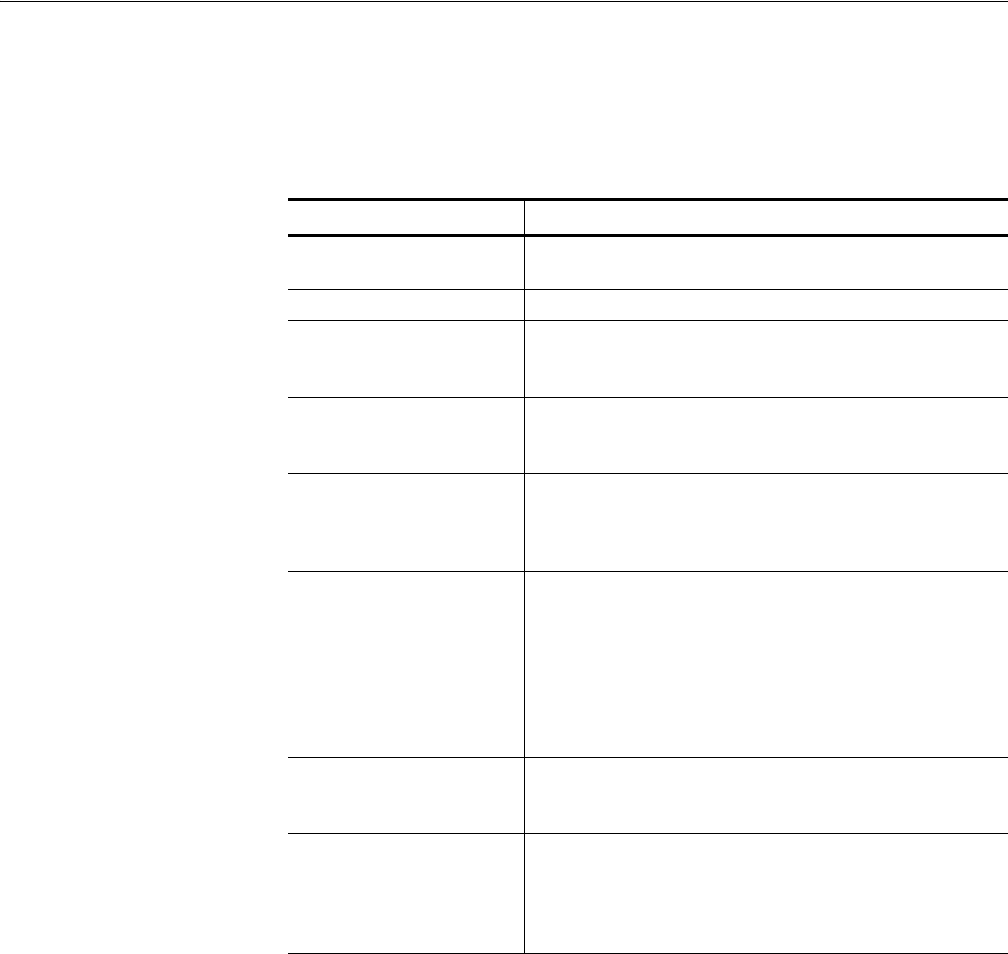
The APPL Menu
3-138 AWG710&AWG710B Arbitrary Waveform Generator User Manual
Superpose Parameters
The superpose parameters are used to define an isolated pulse waveform and a
quantity for shift. Table 3-37 lists the superpose parameters.
Table 3-37: Superpose parameters
Parameters Descriptions
Samples/Cell Specifies the number of waveform points to be generated for each
point of the input data.
Cell Period Specifies the cell period.
TAA+ and TAA- Specifies the pulse width of the positive and negative isolated
pulse. The setting range is from 0 to 1.0 in steps of 0.01. The
maximum amplitude is 1.0.
PW50+ and PW50- Specifies the half–width of the pulse as a percentage of the cell.
The setting range is from 0 to 200 in step 1. This parameter
cannot be set for the PR4, EPR4 and E2PR4.
NLTS When the pulse is generated continuously, this parameter shifts
the pulses from the second one onward. Set the quantity of the
shift to this parameter in the percentage of the cell. The setting
range is from -100 to 100 in step 1.
NLTS+ and NLTS- Shifts the current pulse depending on whether the pulse existed
or not in two data position advance. The setting range is from -100
to 100 in step 1. When the current pulse has the same polarity as
the pulse in two data position advance, the current pulse is shifted
backward by the value represented by this parameter (NLTS-).
When the current pulse has the different polarity, it is shifted
forward by this parameter (NLTS+). The total quantity of shift can
be calculated by mixing the value of NLTS+, NLTS- and NLTS.
Asymmetry Shift the positive pulse forward and the negative pulse backward
by the value specified by this parameter. The setting range is from
-100 to 100 in step 1.
Lorentz/Gaussian Specifies the mixture ratio of Lorentz and Gaussian pulse by unit
of % as an isolated pulse. Sum of two values within the boxes is
always equal to 100. Setting one value to 100 specifies complete
the Lorentz or Gaussian pulse. This parameter can be performed
only when you select Lorentz/Gaussian as an isolated pulse.



